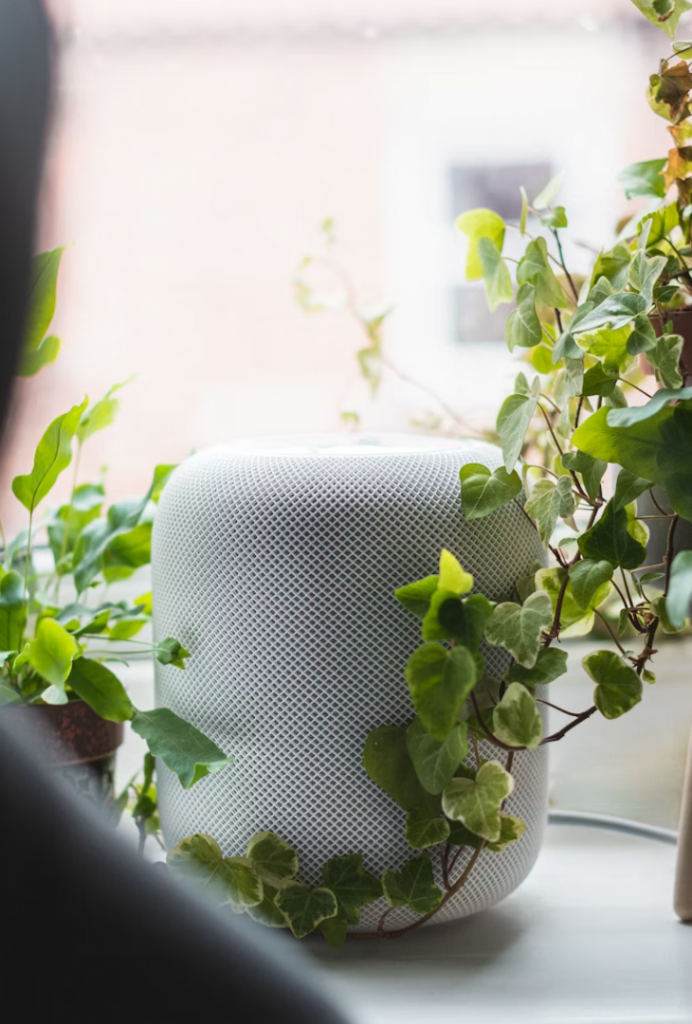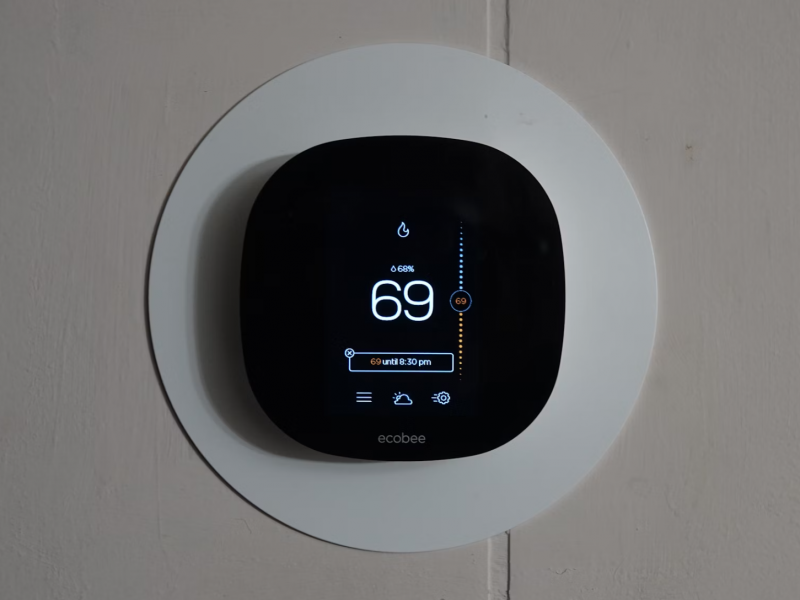Introduction
In 2025, smart speakers are no longer just cool tech gadgets—they’re the control centers of connected homes. If you’re choosing between the two biggest contenders, Amazon Echo and Google Nest, you’re probably wondering: which one truly delivers the best experience in today’s smart age?

The Evolution of Smart Speakers
From Voice Assistants to Smart Home Hubs
What began as simple voice-activated assistants has now evolved into powerful devices that manage everything from your thermostat to your grocery shopping. Today’s smart speakers act as command centers, offering seamless integration with smart TVs, lighting systems, and even security networks.
2025 Market Trends in Smart Speakers
With the rise of AI-powered homes and IoT expansion, consumers are seeking devices that are not only smart but intuitive. Customization, privacy, and multi-device synergy are dominating buying decisions this year.
Amazon Echo (2025 Edition): A Deep Dive
Key Features and Innovations
The latest Amazon Echo has leveled up with a more conversational Alexa, AI-powered routines, and advanced sensor integration. It now recognizes multiple users more accurately and can tailor responses to each.
Audio Quality and Design
Amazon Echo’s 2025 edition features spatial audio, deep bass enhancement, and room calibration tech, wrapped in a sleek cylindrical shell with sustainable fabric finish.
Alexa’s Ecosystem Integration
From ordering on Amazon to controlling Ring doorbells and Eero Wi-Fi systems, Alexa’s reach is extensive. The real game-changer is the Echo’s compatibility with Matter, the new smart home standard that ensures cross-brand device collaboration.
Google Nest Audio (2025 Edition): In-Depth Review
Advanced Features and Technology
Google Nest Audio has also received a massive upgrade—now with edge-based AI for faster responses, advanced voice modulation recognition, and real-time translation capabilities.
Sound Performance and Aesthetics
Google’s focus on immersive stereo sound continues, with its dual-tweeter setup and adaptive EQ system delivering surprisingly rich audio. Design-wise, it’s more compact than the Echo but equally elegant.
Google Assistant’s Smart Ecosystem Strength
Thanks to Android and Google Home ecosystem integration, the Nest effortlessly controls Google TVs, Pixel phones, and Nest cameras. Plus, its AI context memory ensures smoother follow-up commands.
Echo vs. Google Nest: Feature-by-Feature Comparison
Voice Assistant Accuracy and Intelligence
Both Alexa and Google Assistant have matured, but Google’s natural language processing remains slightly superior. It understands context better and performs better in multilingual households.
Audio Performance Showdown
If bass-heavy music is your thing, Echo wins with its deeper and more resonant sound. But for clarity and detail, especially in vocals, Nest Audio pulls slightly ahead.
Smart Home Compatibility and Integration
Thanks to Matter, both speakers now support broader ecosystems. However, Alexa offers more third-party skill integrations, whereas Google excels at native device compatibility.
Privacy and Data Security Considerations
Amazon’s new local voice processing feature limits cloud uploads, improving privacy. Google, on the other hand, allows easy data deletion and voice history controls through the Home app.
Price and Value for Money
At launch, both devices hover around the USD 129 mark. However, Echo often bundles better with smart home deals (bulbs, cameras), while Google Nest includes a free 3-month YouTube Premium subscription.
User Experience and Ecosystem Synergy
Your smartphone often decides your speaker. iPhone users may lean Alexa for wider app support, while Android users find Google Assistant’s deep Android ties more convenient.
Use Case Scenarios: Which One Fits Your Life?
- For music lovers with Spotify playlists: Echo wins.
- For a seamless Google Calendar and Gmail experience: Nest is your best bet.
- For managing a multi-user household: Echo handles profiles more fluidly.
- For multilingual families: Google Assistant’s interpreter mode is unmatched.
Expert Opinions and Industry Reviews
CNET praises Echo for its “expanding smart home command center capabilities,” while TechRadar lauds Nest Audio’s “superior voice AI.” Reviewers agree that both are leaders—but best for different users.
Pros and Cons Summary Table
| Feature | Amazon Echo 2025 | Google Nest Audio 2025 |
|---|---|---|
| Voice Assistant | Alexa (Improved) | Google Assistant (Superior NLP) |
| Audio Quality | Deep bass, immersive | Clear vocals, stereo focus |
| Smart Home Integration | Excellent, wide range | Seamless with Google ecosystem |
| Design | Cylindrical, fabric | Minimalist, compact |
| Privacy Features | Local processing | App-based control |
| Best For | Smart home tinkerers | Google-centric households |
Final Verdict: Which Should You Choose in 2025?
The answer lies in your ecosystem and lifestyle. Choose Amazon Echo if you value a customizable smart home experience and are already plugged into the Amazon world. Pick Google Nest Audio if you’re all-in on Google services and prioritize language processing, search, and contextual awareness. In short: both are brilliant, but tailored for different tech tribes.
Conclusion
2025’s smart speaker showdown is all about ecosystems, not just speakers. Amazon Echo offers powerful smart home integration and versatile features, while Google Nest Audio shines with seamless Google services and intelligent interactions. Think of it like choosing between an Android and an iPhone—neither is “better,” but one is probably better for you.
FAQs
1. Which smart speaker works better with smart TVs?
If you use Fire TV, go with Echo. If you use Chromecast or Google TV, Nest Audio is the better choice.
2. Can both speakers control non-brand smart devices?
Yes. Both support Matter in 2025, allowing cross-platform compatibility with many third-party devices.
3. Is there a big difference in audio quality?
Echo delivers stronger bass; Nest focuses on clarity and stereo balance. Music genre preference matters here.
4. Are these devices safe for privacy-sensitive users?
Both have improved privacy. Echo uses more local processing; Nest gives better control through the app.
5. Which speaker is better for non-English languages?
Google Nest Audio excels due to its superior multilingual support and real-time translation features.

